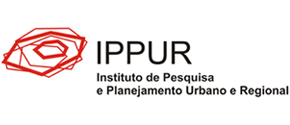Resumo em Inglês
Ana Carolina Martins GavriloffMestre em Geografia pela Universidade Federal do Paraná (UFPR).Mariana Galacini BonadioMestre em Desenvolvimento Territorial Sustentável pelo Consórcio internacional EM SteDe (UNIPD; K.U. Leuven; Paris 1 - Sorbonne e UCDB).Scale Challenges of Urban-Regional Planning: Reflections on the Recovery of Land Surplus Value out of the Linha Verde Urban Operation Consortium in Curitiba
Sixteen years since the creation of Estatuto da Cidade, from a municipal perspective, the recent normalization of the Estatuto da Metrópole has created an opportunity to question territorial planning from an urban-regional dimensional standpoint. In light of this debate, this article intends to reflect on the challenges of rescaling land-use planning taking into account social management of land value appreciation. The exclusionary provision of the Linha Verde Urban Operation Consortium (former BR-116) is an illustration of the fragmented institutional logic in planning and the controversial use of instruments to recover land surplus value as a funding mechanism for large-scale interventions. Implemented in 2012 by the municipality of Curitiba, it delimited a municipal perimeter of action in a regional axis, with impact and reach that go beyond municipal borders.
Resumo em Português - Texto
Download PDF
Voltar



